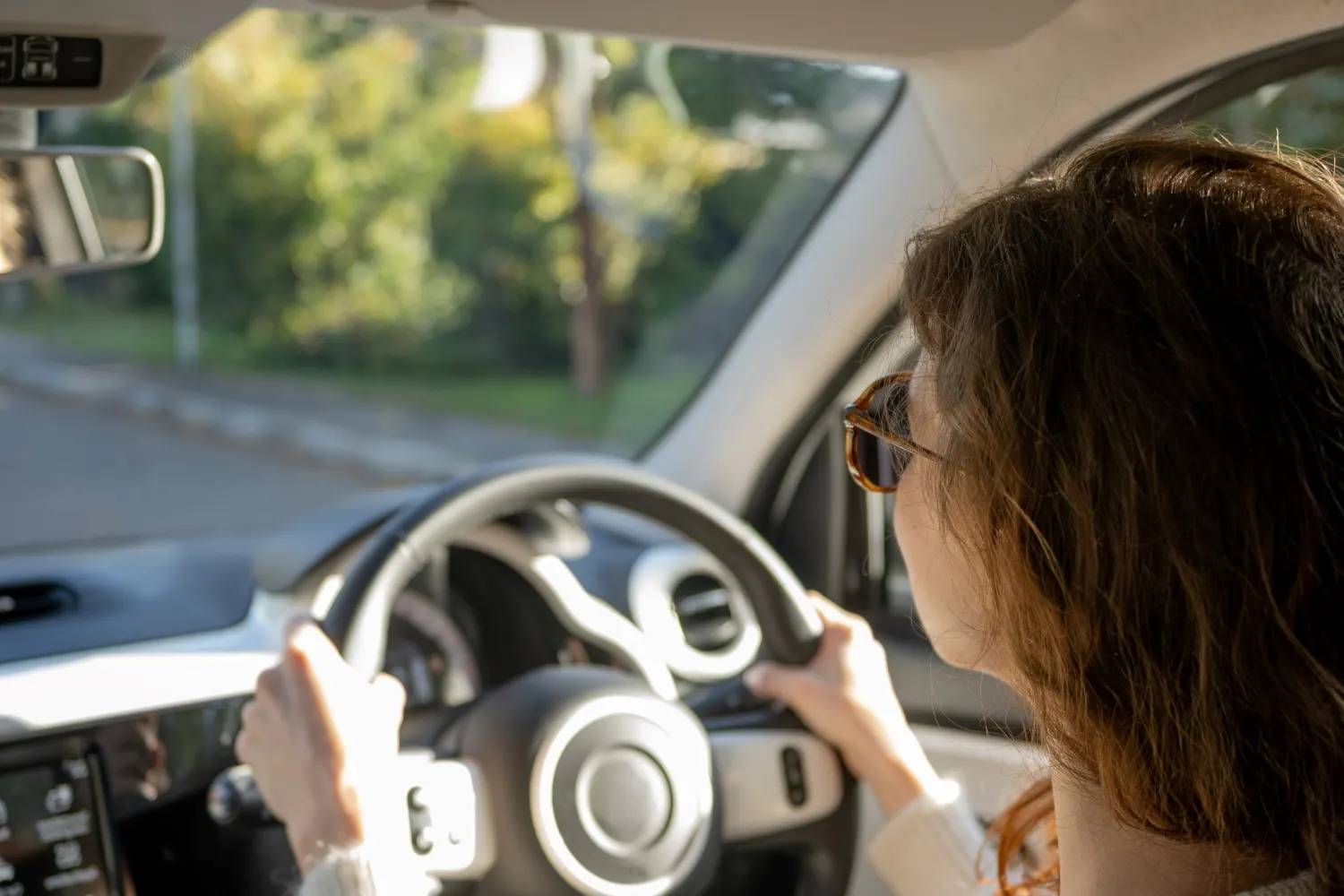This easy guide explains the difference between the two
Curious about the new car types available out there? Contemplating a more electric way of driving? Or just want to understand the difference between electric and hybrid cars? We’ve got you covered. At bp pulse, we help people get clued-up with electric driving.
So, first things first. Both electric cars (EVs) and hybrids run on electricity but have crucial differences. Let’s take a look at the main five.
1. Their power source
Electric cars (EVs) are powered only by electricity which is stored in their battery pack (like your other electric devices, such as your phone or laptop.) EVs get their charge by plugging into an electric power source – the chargers that you’ll have seen.
Hybrid cars also get their power from electricity, but they can also run on petrol, or a combination of both. That's because their insides are slightly different. Look inside a hybrid and you’d see, as well as a battery and an electric motor, an internal combustion engine.
In a nutshell: Both use electricity, only hybrid uses gasoline too.









